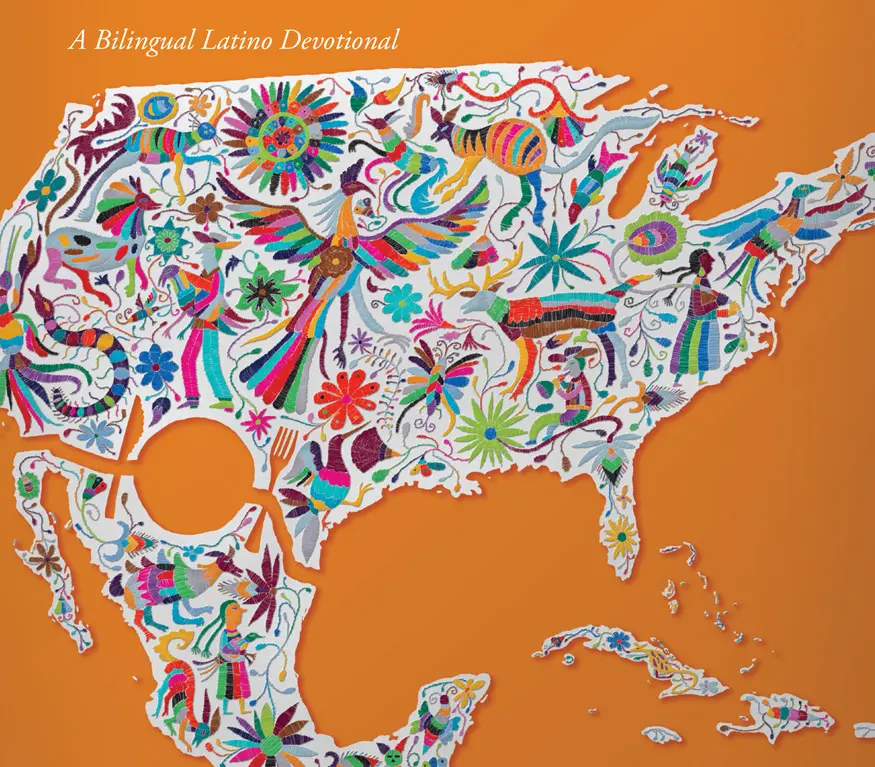Editor’s note: This Advent season, Bread Blog is running a series of devotionals written by staff, alumni, and friends of the San Francisco Theological Seminary, which is affiliated with the Presbyterian Church (U.S.A.).
My soul magnifies the Lord, and my spirit rejoices in God my Savior, for he has looked with favor on the humility of his slave woman. He … has scattered the proud in the thoughts of their hearts. … He has filled the hungry with good things, and sent the rich away empty. (Luke 1:46b-55)
The Magnificat is often used for prayers, in Christmas songs, or in Christmas Oratorio. Luke’s insights of the contemplative ability of Mary bring it into accord with an inner logos, her soul, leading to concentration of the salvific role of the incarnate Christ in making possible a restoration of humanity’s relationship with the divine. The incarnation of the word in our souls has made a successful life possible, but the political meaning of the Song has become subordinated and almost lost to the spiritual meaning. However, the Magnificat’s vocabulary reflects urban conflicts in the Roman Empire over food. The terms to be “humble” and to be “wealthy” are fundamental to this story.
The ancient writer Dionysius of Harlicarnassus reports about one Lucius Junius Brutus (his name may mean “rebel slave”), who gives speeches referring to the arrogant rich, who deceive and do not fulfill promises to support the poor. The proud rich are “unwilling to associate as fellow-citizens and to share [their] blessings with those of a humbler estate.”
Brutus repeatedly gives many examples from Roman history. Among his most famous examples are the poverty revolts. The proud rich are, as Dionysius writes, “unwilling to associate as fellow-citizens and to share [their] blessings” with those who are humbler. During this urban conflict, Brutus — speaking for the poor — persuades the Roman Senate to create the office of tribune to protect the poor. However, the peasants had left their farms during the winter solstice when corn was planted; the land was destitute of people. Slave-workers deserted, and animals disappeared; the peasants had no store of corn for seed or food. Without money, the poor used roots and grass for food. The next year, Roman ambassadors successfully bought corn from Sicily, half bought at a low price, the other half a free gift from Sicily. When ships with corn arrived, the patricians decided to make the provisions as costly as possible, so that the poor might become more moderate. Dionysius explains that the rich stored grain, speculating that they could then sell it later for a higher price, which generated hunger among peasant farmers. The high prices of grain led many poor rural people to migrate, because they suffered from hunger.
Mary’s Magnificat reflects the vocabulary of the humble and poor in the Roman republic. The Magnificat praises God who sees and opposes such social, economic exploitation of the humble and hungry for the benefit of the arrogant and wealthy. Luke is using a specific term for seeing, blepō. In principle, seeing not only refers to sense perception as such, but more specifically incorporates mental processing of sense perception with the mind. Therefore translating “see” as “recognize,” “realize,” or “the human desire to know something” expresses this connotation. With the Magnificat, the Lucan author makes us see and recognize social and economic injustice.
We are currently living in a time of promise: God is seeing the injustice. Let’s follow the Magnificat as it is calling us to see the injustice of social and economic exploitation, to see the speculations with food which generates hunger. If you were to decide and stand up for the humble, what would you do? And what is stopping you from doing that now?
Rev. Dr. Annette Weissenrieder is associate professor of New Testament at San Francisco Theological Seminary.



